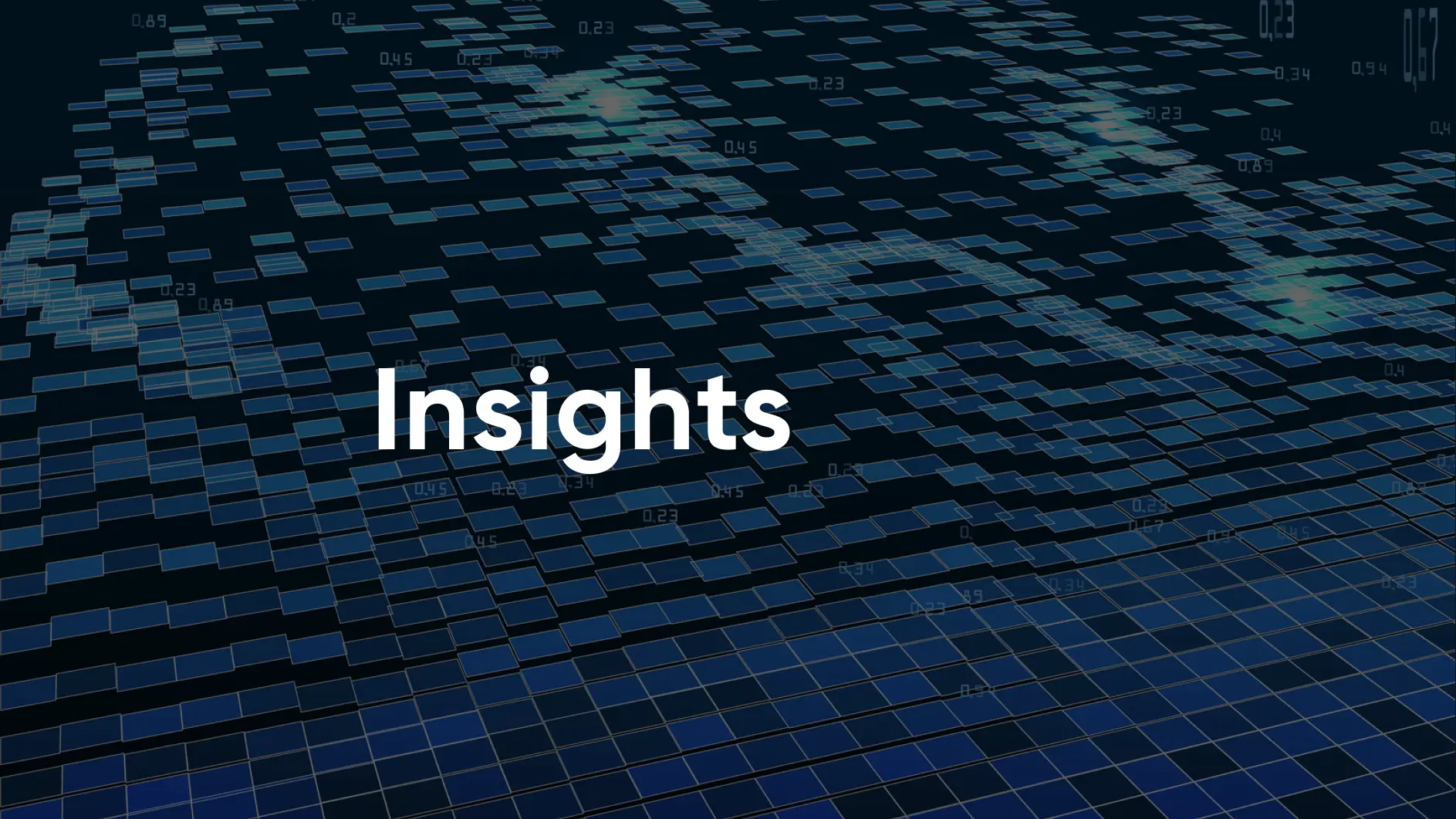
Web3
Contemporary Applications of AI Integration within Existing Software

Introduction
Artificial Intelligence (AI) has been a game-changing force across various industries in recent years. At its core, AI refers to the development of computer systems and algorithms that can perform tasks that typically require human intelligence, such as problem-solving, learning, and pattern recognition. By leveraging advanced algorithms and machine learning techniques, AI systems can process and analyze vast amounts of data, leading to better decision-making and more efficient processes. The integration of AI into existing software has revolutionized the way businesses and industries operate, significantly improving their efficiency, accuracy, and overall performance. In this article, we explore some of the most innovative and contemporary applications of AI integration within existing software, demonstrating the potential of this powerful technology.
Customer Relationship Management (CRM) Systems
The integration of AI in CRM systems, such as those offered by HubSpot, Salesforce, Microsoft, and SugarCRM, has transformed the way businesses interact with their customers. These CRM providers have already integrated AI into their systems to improve sales prediction algorithms and enhance customer engagement. By analyzing vast amounts of customer data, AI can identify patterns and trends, allowing sales teams to target customers more effectively and provide insights into customer preferences and behavior.
AI-enhanced CRM systems not only improve the efficiency of sales and marketing efforts but also help businesses deliver personalized experiences for their customers. For instance, Salesforce's Einstein AI provides automated lead scoring and forecasting, while Microsoft's Dynamics 365 AI for Sales offers relationship analytics and conversation intelligence. Similarly, HubSpot's AI-powered features include predictive lead scoring and content recommendations.
These AI-driven CRM systems can also predict customer behavior, enabling businesses to anticipate their needs and preferences better. This level of personalization ultimately leads to higher customer satisfaction and loyalty, as businesses can tailor their offerings and communication strategies to match individual customer profiles.
Human Resource Management (HRM) Software
AI is playing a significant role in revolutionizing human resource management by incorporating advanced algorithms and machine learning techniques into HRM software. Companies like Entelo, Harver, and Talla have successfully integrated AI-powered algorithms to help with candidate quality prediction and enhance the talent acquisition process.
These AI-driven HRM solutions analyze candidate profiles and job requirements, enabling recruiters to identify the best-fit candidates more accurately and efficiently. By automating the initial screening process and providing insights into a candidate's skills, experiences, and cultural fit, AI-powered HRM software reduces the time and effort required in traditional recruitment methods.
The integration of AI in HRM software not only enhances recruitment and employee management processes but also enables businesses to create a more productive and motivated workforce, driving overall organizational success.
Predictive Maintenance in Manufacturing
Manufacturers have only begun to capitalize on artificial intelligence (AI) and machine learning capabilities on the factory floor. Today, AI's key roles in manufacturing expand beyond robotics and automation – they now include driving overall equipment effectiveness (OEE), optimizing processes, and creating a pivotal role in predictive maintenance.
AI integration in manufacturing software has paved the way for predictive maintenance, enabling companies to proactively address potential equipment failures and reduce downtime. By analyzing sensor data from machines and equipment, AI can identify patterns and anomalies that indicate possible malfunctions or wear and tear. This allows maintenance teams to address issues before they escalate, minimizing production losses and extending the life of the machinery.
In addition to improving maintenance practices, AI-driven manufacturing systems can optimize production processes by identifying inefficiencies and suggesting real-time adjustments. This ensures that resources are utilized effectively, leading to reduced waste and increased productivity. By adopting AI-powered predictive maintenance and process optimization strategies, manufacturers can significantly enhance their OEE and remain competitive in an increasingly demanding market.
The integration of AI into existing manufacturing software not only revolutionizes the way companies manage their equipment and resources but also empowers them to embrace a more proactive and data-driven approach to their operations, ultimately driving industry innovation and growth.
Cybersecurity Solutions
As cyber threats continue to evolve, AI is being incorporated into cybersecurity software to improve threat detection and response. Companies like Cybereason, SparkCognition, Tessian, and Palo Alto Networks are leading the charge in using AI-powered solutions to prevent attacks in real time, offering more robust and dynamic protection for businesses and organizations.
AI-driven security systems can analyze vast amounts of data to detect anomalies and subtle patterns that may indicate potential attacks. This allows for faster and more accurate identification of threats, ensuring that security teams can respond to incidents in a timely manner. In addition to threat detection, AI can also automate response actions, reducing the time and effort required by security personnel and increasing the overall efficiency of cybersecurity operations.
For instance, Cybereason uses AI-based behavioral analytics to identify and combat advanced cyber threats, while SparkCognition's DeepArmor leverages machine learning to protect systems from malware and other malicious software. Tessian employs AI to detect and prevent data breaches caused by human error, and Palo Alto Networks' Cortex platform uses AI-driven analytics to automate threat detection and response.
The integration of AI into cybersecurity solutions not only enhances the capabilities of traditional security measures but also provides businesses and organizations with a more proactive and adaptive approach to protecting their digital assets, ensuring that they remain resilient in the face of ever-evolving cyber threats.
Healthcare and Medical Software
AI integration in healthcare and medical software has led to significant advancements in various aspects of the industry. Some key areas where AI has been integrated into healthcare and medical software include diagnostics, patient outcome predictions, drug discovery, treatment planning, and telemedicine.
Improved Diagnostics: AI-driven image recognition algorithms have revolutionized medical imaging by enhancing the accuracy and speed of detecting abnormalities and potential health issues from X-rays, MRIs, and CT scans.
Predicting Patient Outcomes: AI can analyze historical patient data to predict individual patient outcomes and identify potential health risks. This enables healthcare providers to create personalized treatment plans and adopt preventive measures to improve overall patient care.
AI-driven Drug Discovery: The integration of AI into drug discovery software accelerates the development of new pharmaceuticals by automating the process of identifying potential drug candidates, potentially reducing the time and cost associated with traditional drug discovery methods.
Treatment Planning: AI can also assist healthcare professionals in creating more effective and personalized treatment plans, such as AI-driven data analysis for designing radiation therapy plans tailored to individual patients' needs.
Telemedicine and Remote Monitoring: AI integration into telemedicine platforms and remote monitoring systems enables better care for patients, particularly those in rural or remote areas. AI-powered chatbots and virtual assistants provide medical advice and triage support, while remote monitoring solutions can analyze patient data to detect potential health issues and alert medical professionals in real time.
By enhancing diagnostics, streamlining treatment processes, and improving patient care, the integration of AI into healthcare and medical software is transforming the industry and creating new opportunities for innovation and growth.
Financial and Banking Software
AI integration into financial and banking software has led to substantial improvements in data-driven decision-making, fraud detection, customer experience personalization, automated customer service, and data management.
AI-driven analytics enable better investment strategies and risk management, while AI-powered fraud detection systems accurately identify suspicious activities. Customer experiences are personalized through AI analysis of behavior and preferences, and AI-powered chatbots provide real-time customer support. Lastly, AI-driven data management solutions ensure accurate and up-to-date information for strategic decisions and regulatory compliance.
In summary, AI integration in financial and banking software enhances efficiency, accuracy, and customer satisfaction, positioning institutions for success in a competitive landscape.
Supply Chain Management
AI integration has revolutionized supply chain management by enabling companies to make more informed decisions based on data analysis. Solutions offered by Coupa, Epicor, LivePerson, and others utilize AI-powered algorithms to optimize supply chain processes and increase overall efficiency. The Supply Chain Modeler, in particular, allows businesses to gather logistics information and predict outcomes by simulating different scenarios.
These AI-driven tools consider external factors such as tariffs and natural events, enabling companies to evaluate potential risks and make necessary adjustments to their logistics network operations. By incorporating AI into supply chain management software, businesses can better predict demand, optimize inventory levels, enhance supplier performance, and streamline transportation planning.
AI integration not only increases the efficiency and reliability of supply chain operations but also enables companies to respond more effectively to market fluctuations and unforeseen events, ensuring they maintain a competitive edge in a constantly evolving global market.
Conclusion
The integration of AI into existing software across various industries has led to remarkable advancements and improvements in efficiency, accuracy, and customer satisfaction. From CRM systems and HRM software to manufacturing, cybersecurity, healthcare, financial services, and supply chain management, AI-powered algorithms are transforming traditional processes and paving the way for data-driven decision-making and enhanced operational performance.
Companies like HubSpot, Salesforce, Entelo, Harver, Cybereason, SparkCognition, Zebra Medical Vision, IBM Watson Health, Coupa, and Epicor are leading the charge in leveraging AI to revolutionize their respective sectors. As AI continues to develop and become more sophisticated, we can expect even more groundbreaking applications that will further disrupt industries and redefine the way businesses operate.
In conclusion, the contemporary applications of AI integration within existing software demonstrate the immense potential of this powerful technology to drive innovation, optimize processes, and create new opportunities for growth and success in the digital era.

